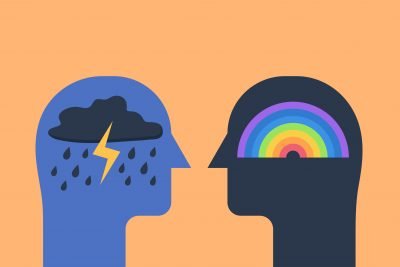A Brief Overview WISe behavioral healthcare teams serve children and youth 20 or younger whose conditions are too severe to benefit appropriately from regular visits to a community clinician and/or therapist. To qualify for WISe, the young person must be eligible for Apple Health, which is the public health program for Washington State. WAC 182-505-0210 Read More
As schools open for the 2021-22 school year, families have decisions to make about health and safety. This article provides information and resources to address some key questions: What measures are schools required to take to keep children and staff safe? What COVID precautions should our family consider? What should we do if returning to Read More
National Family Voices – Access and contact information for state Family-to-Family (F2F) Health Information Centers. Direct support for children or youth with special health care needs, such as premature birth; autism; mental, behavioral, or emotional health issues; a genetic diagnosis; or a physical or developmental disability. The National Center for Medical Home Implementation (National Center) is Read More
From Child to Adult Transition to adulthood is difficult for all young adults, but if you are a young adult who utilizes Behavioral Health or Substance Use Disorder services it can be confusing and overwhelming. It is also difficult for the parents and guardians who support them. Moving from child based to adult based services takes Read More
Health & Wellness Information on physical, mental, social, and emotional well-being.
What is Developmental Screening? Developmental screening is the practice of systematically looking for and monitoring signs that a young child may be delayed in one or more areas of development. Screening is not meant to establish a diagnosis for the child, but rather to help professionals and families determine whether more in-depth assessment is the Read More
Legal Documents Letter of intent: a personal document expressing your wishes for your child which are not included in the will. It has no legal standing, but acts as a guide for guardians, Power of Attorney agents, and trustees. It can be provided to your selected guardians and a copy can be saved with the Read More
A Brief Overview Full Article Medicaid is a federal health care program that each state manages based on their own states legislative system. It is set up for individuals and families with limited income or special circumstances such as a genetic, medical, or job or accident-related disability. This health care covers physical and mental health Read More
Overview: Full Article Thinking about the future when you will no longer be available to help your child because of death or a condition where you cannot participate in their care can be emotionally difficult. On top of that, this planning process is full of important decisions with significant impacts on your child’s future. To Read More
A Brief Overview Full Article Holidays can be challenging for families impacted by disability, trauma, grief, economic struggles, and other stressors. The holiday season has its own flavors of confusion. Families with children who struggle with behavior may want to head into the winter with plans in place. Anticipating where trouble could bubble up and Read More
The IEP document is a lot to absorb. You will be better prepared to support your child when you review the IEP draft before meeting with the IEP team for the first time. A child’s education is worth taking time to read for understanding. Subject Service Minutes What Related/Ancillary Services is your child eligible to Read More
A Brief Overview Full Article The Exceptional Family Member Program (EFMP) is a mandatory program for all branches of the U.S. Armed Forces that helps military dependents with special medical or educational needs. The Army, Navy, Air Force, Marine Corps, and Space Force each have an Exceptional Family Member Program (EFMP). The Coast Guard, which Read More
PAVE’s program called Parent Training and Information (PTI) helps family caregivers, youth, and professionals with questions about services for children and young people with disabilities, ages 0-26. PTI provides direct help, training for groups, and access to resources. Click Get Help to fill out the form, and PTI staff will contact you to talk through your situation and provide information, Read More
A Brief Overview Gender identity has become a hot topic in today’s political world. But beyond the politics, there are many young people that are struggling and often it is their physical and mental health that suffers the most from the misunderstanding between sex and gender, and the meaning of gender affirming care. What is Read More

